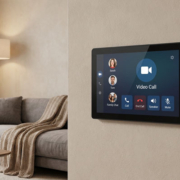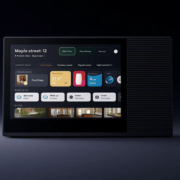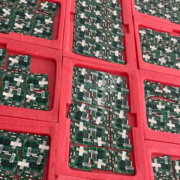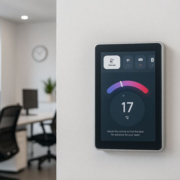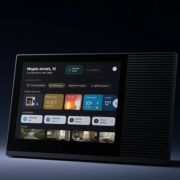What is the Best Linux OS for Home Assistant?
Home Assistant is one of the most popular open-source platforms for smart home automation, allowing you to integrate and control devices from different brands in one centralized system. While Home Assistant offers a dedicated “Home Assistant OS,” many advanced users prefer to install it on a Linux-based operating system for greater flexibility, performance, and hardware compatibility. Choosing the best Linux OS for Home Assistant depends on your hardware, technical skills, and specific needs.
In this article, we will explore the top Linux distributions for Home Assistant and explain which one might be right for you.
1. Ubuntu Server
Best for: Beginners and users who want stability with a large support community.
Ubuntu Server is one of the most popular choices for running Home Assistant on Linux. Its wide adoption means you’ll find plenty of tutorials, guides, and community support for setup and troubleshooting.
Pros:
- Large community and official documentation.
- Easy to install and maintain.
- Compatible with a wide range of hardware.
Cons:
-
Slightly heavier than minimal Linux distributions.
Why choose it for Home Assistant?
Ubuntu’s reliability, frequent updates, and compatibility with Python make it a strong candidate for running Home Assistant in both small home setups and larger smart home systems.
2. Debian
Best for: Stability-focused users who want a minimal, no-frills system.
Debian is the foundation for many Linux distributions, including Ubuntu, but it’s known for its rock-solid stability. It comes with fewer pre-installed packages, meaning you have more control over what’s running on your system.
Pros:
- Extremely stable and secure.
- Long-term support versions available.
- Lightweight compared to Ubuntu.
Cons:
-
Not as beginner-friendly as Ubuntu.
Why choose it for Home Assistant?
If you want a “set it and forget it” experience for your smart home server, Debian’s minimal approach and stability make it perfect for long-term Home Assistant installations.
3. Raspberry Pi OS (formerly Raspbian)
Best for: Raspberry Pi users running Home Assistant on low-power hardware.
Raspberry Pi OS is optimized for the Raspberry Pi single-board computer, which is a popular and affordable choice for running Home Assistant.
Pros:
- Lightweight and optimized for ARM processors.
- Strong community support for Pi-based setups.
- Works well with GPIO pins for hardware integrations.
Cons:
-
Less powerful for large-scale smart home setups.
Why choose it for Home Assistant?
If your Home Assistant setup is small and you want an energy-efficient, always-on system, Raspberry Pi OS is a perfect match.
4. Arch Linux
Best for: Advanced users who want full customization.
Arch Linux gives you complete control over your system, installing only what you need for Home Assistant. It’s rolling release model means you always get the latest packages — but this also means more maintenance.
Pros:
- Highly customizable.
- Always up to date with latest software.
- Lightweight with no unnecessary packages.
Cons:
- Steeper learning curve.
- Requires more frequent updates and monitoring.
Why choose it for Home Assistant?
If you’re an experienced Linux user who enjoys fine-tuning and optimizing your system, Arch Linux lets you build a minimal, efficient Home Assistant environment.
5. Home Assistant OS (Linux-based)
Best for: Users who want a plug-and-play experience.
While technically not a general-purpose Linux distribution, Home Assistant OS is built on top of a lightweight Linux system optimized for running Home Assistant Core and Supervisor.
Pros:
- Optimized specifically for Home Assistant.
- Easy to install and maintain.
- Built-in add-on and backup management.
Cons:
-
Less flexibility for running other services.
Why choose it for Home Assistant?
If you want the fastest route to a stable, hassle-free Home Assistant system without worrying about Linux administration, this is the best choice.
Portworld’s Recommendation
At Portworld, we provide smart home control panels and embedded Linux hardware that can run Home Assistant efficiently. For most homeowners, we recommend Ubuntu Server or Debian due to their stability, ease of updates, and wide hardware compatibility. For embedded systems or low-power devices, Debian-based builds or Raspberry Pi OS are excellent.
Our smart home touch control panels (running Android or Linux) can also be integrated with Home Assistant through APIs, KNX, RS485, and MQTT — giving you the flexibility to create a truly connected smart environment.

